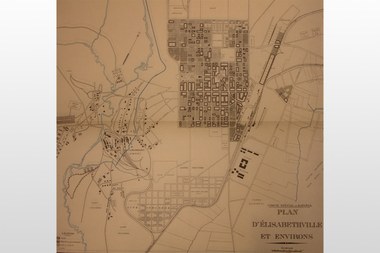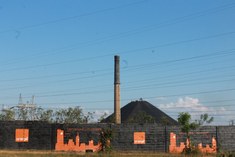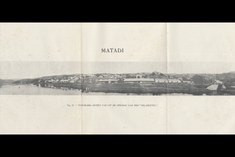City, Architecture and Colonial Space in Matadi and Lubumbashi, Congo
This research investigates how specific colonial urban spaces in Central Africa developed between 1885 and 1960 not only as the result of top-down planning processes but also via social processes within their ‘cosmopolitan’ communities. On one hand, the physical urban form is studied on various scales (city, neighbourhood, street, building) from a translocal perspective that counters the common historiographical argument highlighting, in particular, the import from the metropole to the colony. On the other hand, migration trajectories are investigated through a social-demographical analysis to bring to the fore other urban actors.
The research focuses on two cities in Congo, DRC: Lubumbashi and Matadi. It builds upon extensive archival research and fieldwork and makes use of new forms of cartography and oral history.
Project Info
Research group: Theory and History of Architecture
Start date: 2014
Researchers: Johan Lagae, Sofie Boonen i.s.m. Sam Lanckriet, Daan De Vree, Geertrui Vandist en Bram Vandemoortel
Academic supervisors: Johan Lagae (UGent), Baz Lecocq (UGent/Humboldt University of Berlin), Jacob Sabakinu Kivilu (Université de Kinshasa, Donatien Dibwe Mia Mwembu (Université de Lubumbashi)
Photos


